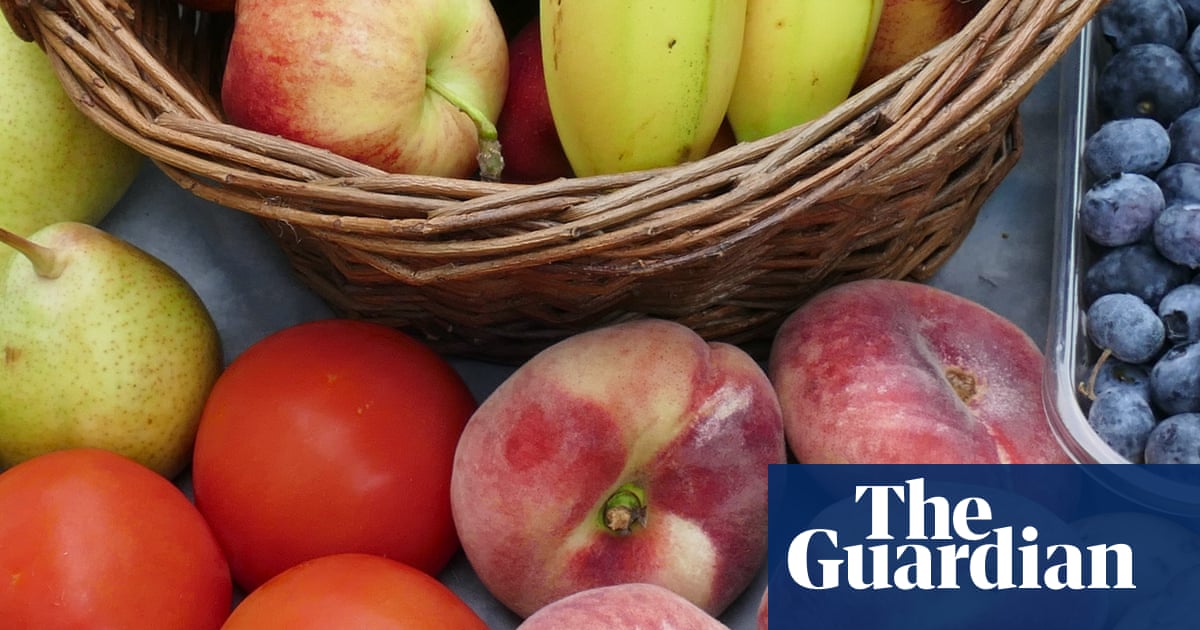Britain’s largest retailers are warning that food prices are being driven up by hot weather hitting harvest yields, as the latest UK heatwavepushes temperatures close to record levels.
The British Retail Consortium (BRC) said rising fruit and vegetable prices had contributed to a jump in food price inflation in June, while retailers also passed on tax rises and employment costs to consumers.
Drawing a direct link between the climate crisis and shop prices for British consumers, the trade body representing more than 200 major UK retailers said “hot, dry weather reducing harvest yields” had fuelled some of the rise in prices.
Annual food price inflation leapt to 3.7% in June, up from 2.8% in May, amid a broader increase in total shop prices for the first time in almost a year, according to the BRC. Overall shop price inflation, which includes non-food items, was 0.4% in the year to June, after shop prices declined by 0.1% in May.
Helen Dickinson, the BRC chief executive, said: “Retailers have warned of higher prices for consumers since last year’s autumn budget and the huge rises to employer national insurance costs and the national living wage.
“We predicted a significant rise in food inflation by the end of this year, and this has been accelerated by geopolitical tensions and impacts of climate change.”
Government figuresshowthe sharpest annual growth in wholesale fruit and vegetable prices in June was for gooseberries, which rocketed by 243%, followed by a 25% rise for blackberries and 15% for raspberries. The price of apples has risen by 7%, while strawberries are up 3%.
British farmers have warned that increasingly volatile and extreme weather conditions are affecting harvests. Alongside the risk of drought, wet weather in key planting periods cost farmers almost £1.2bn from arable crop damage last year.
Scientists say climate breakdown caused by the burning of fossil fuels means more frequentfloods and droughtsare likely in the UK. Food prices worldwide have also been affected by poor harvests, conflict and Donald Trump’s trade wars.
Earlier this year, soaring global chocolate prices hit UK consumers as high temperatureshurt cacao harvestsin west Africa, whilecoffee priceshave been pumped up after bad weather hit production in Brazil and Vietnam.
Spells of warmer weather can lead to a boost for retailers in Britain by tempting consumers to venture to high street stores, particularly for food and outdoor-related items. Wet conditions can have the opposite impact.
Sign up toBusiness Today
Get set for the working day – we'll point you to all the business news and analysis you need every morning
after newsletter promotion
Mike Watkins, the head of retailer and business insight at NielsenIQ, which helps to compile the BRC figures, said UK shop price inflation was being influenced by broader economic conditions and supply chain changes in addition to the weather.
Retailers have warned since Rachel Reeves’s autumn budget that the chancellor’s£25bn increasein employer national insurance contributions and 6.7% national living wage rise, introduced from April, would force them to raise their prices.
Watkins said: “While the current spell of good weather is helping to boost demand at many retailers, rising prices could become a concern if consumer willingness to spend declines later in the year. Which means we can expect retailers to reinforce their value-for-money messages over the summer.”
